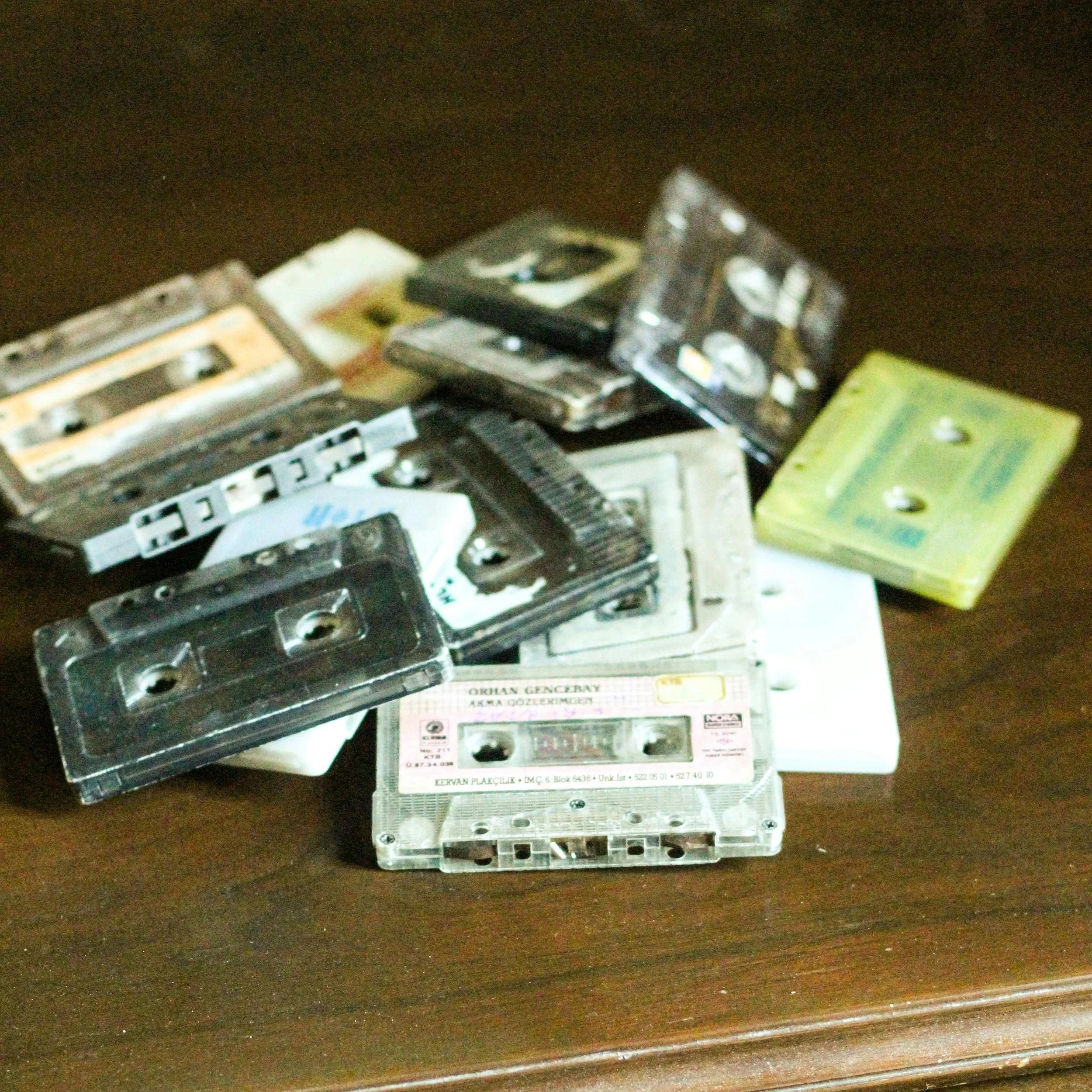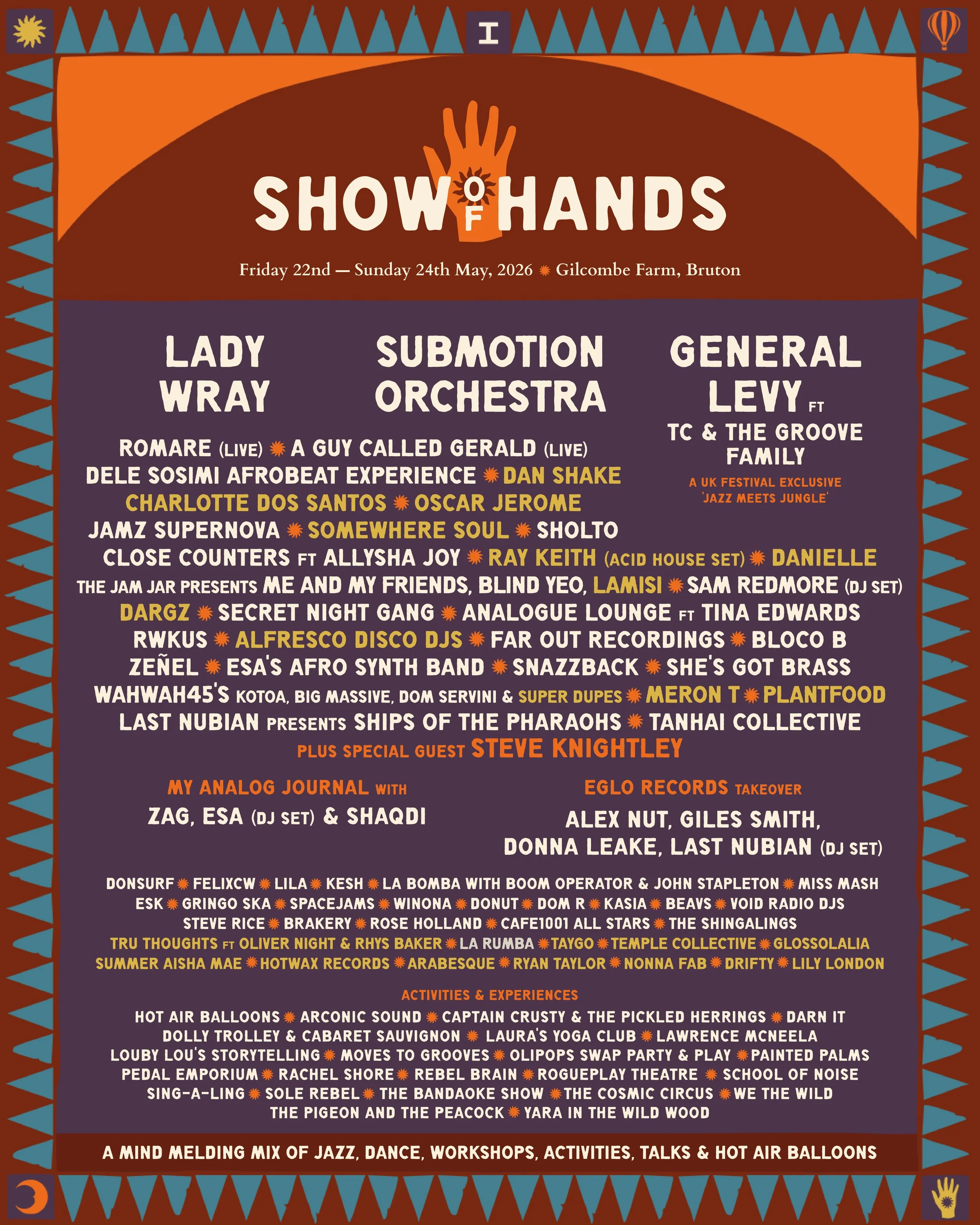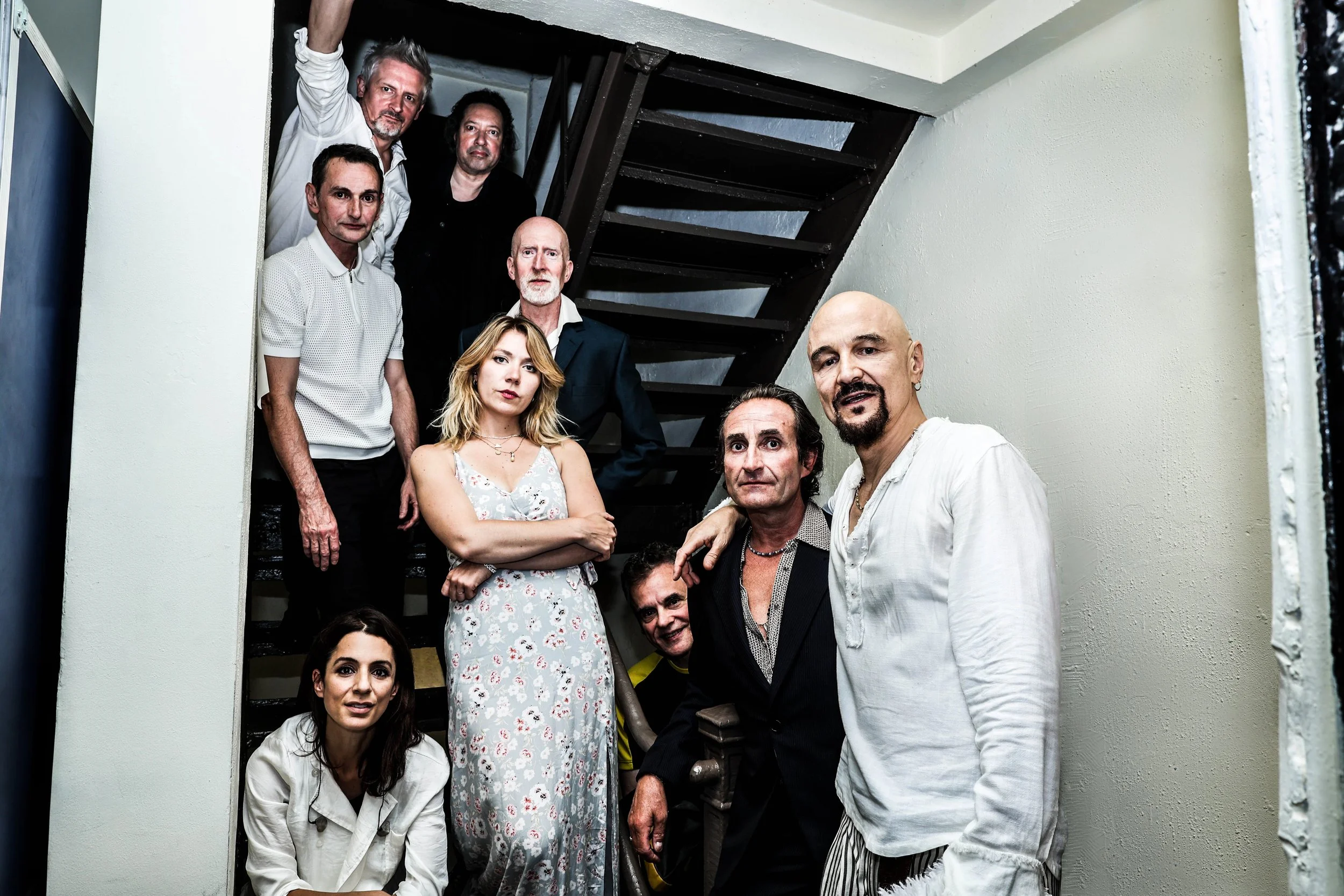Talking to: Raina Sokolov-Gonzalez
Raina Sokolov Gonzalez is a Brooklyn based singer and composer with her musical roots deep in the New York free jazz scene and a wealth of musical experience already under her belt. Classically trained, from a family of accomplished creatives and musicians, music runs through her very veins, and we caught up with her on the cusp of the release of her first solo album, IF THEY’RE MINE, which comes out on Friday 21st May. The first single from the album, Better For You, is out now, and grapples with the male gaze, the ways in which men’s pleasure is often prioritised above that of the woman in heterosexual relationships, and how women often feel the need to contort themselves to appear more sexually desirable.
Raina’s solo project, built upon, yet a distinct move away from, her classical and jazz training and practice is most often categorised as jazz / soul / r&b. As well as chatting about her upcoming album we talked about her passion for examining the creative process rather than kowtowing to the limitations of talking in terms of genres, the importance of making music that sparks recognition of the listener’s lived experiences, and what the New York music scene is looking like now we are emerging from the pandemic.
Tell us a bit more about yourself; where you are at the moment, what you do in your everyday life.
I am currently in Sunset Park, Brooklyn, New York. I teach music to a wide age range and then I play shows and make records, so I would say I make my whole living from music; some teaching, some performing, some recording.
Were you always into music and did you grow up in a musical family?
Both of my parents are musicians, my mum is a singer and composer and a professor of singing, my dad is a poet, musician and playwright and my brother produced my album. We were playing a lot as children, we had formal lessons. My brother had a lot of formal lessons, I kind of rebelled against the formal lessons! We would improvise a lot, me and my mum, or my dad would play piano and I would sing; we were just playing all of the time because it was just our family language, our family culture. It was just what we did, and we all just kept on it!
Did you grow up in Brooklyn?
I was born in the East Village, my mum is a professor at New York University, but they quickly moved us to the suburbs, to the country, then I grew up in small towns. But I would always be in the city a lot, my grandparents live here, my mum works here, and then I moved back to the city five years ago.
In your own words, what is the music that you make?
I make music in a wide and varied context, and that is really important to me. You know, my mum is deep in the free jazz scene in New York City, so I collaborate in that world. I took classical voice at college, so my influences and inspirations are wide.
This solo project is… I think genre is limiting a lot of the time, genre to me is an afterword; it helps other people understand, but it is not where I am coming from. I think it’s helpful for other people to be able to categorise things, but for me, I guess I can speak about my process, and that feels more honest to me.
The music; I start with the piano. I find something that feels juicy to me in some way, something which has some pull, rhythmically or harmonically, and then that compels me to sing. Then I improvise lyrics and melody at the same time as I play, and then I land on something that I like, that is close to the centre of something, then I start to craft from there. I then let the songs show me what they are.
On the album for example there is a song, Better for You, the first single, it has this latin rhythm and it’s there because I like it; I wasn’t thinking ‘oh I want to write a Latin song’. I wasn’t thinking about categories, I was responding to impulse and musical energy. For me the music starts bottom up, and on the album the songs are all different. That to me is more important than setting out a genre intention.
Do you have a particular track on the album that means the most to you?
In this album there’s seven songs, there is not a lot that is ‘extra’. It's all very intentional and each one really has a place in my heart in its own way. Better for You is a big one for me, and making that video, but on the album that’s coming, I really like the first track Better Half, and the title track, but honestly I love them all. They all have different characters around the same base, all similar stuff. I am excited to share them all and see what people relate to the most.
You mentioned Better for Me, tell us what drove you to talk about that subject, exploring the issue of the male gaze.
I wrote that song in a residency back in 2017, I was a year out of school, I was at this residency and it was really folk, it was such a joy. Again, I didn’t sit down and say to myself ‘I want to write a song about objectification and sex’, or the gaze, or whatever it came to be about. It came forward and that was what it was about. What I mean by came forward is the first couple of lines came forward, and I realised, and then I started to craft from there. It is not an unconscious process all the way through, but it is a process of letting my unconscious, what I want to say, come through, and then I start crafting it.
So it wasn’t so much that I wanted to say that thing, it was more I needed to say that, it was what I was experiencing at the time. Then I started to play it out in the world and women from all walks of life, of all different ages, would say thank you for voicing this thing that we have experienced too. That is the magic of the exchange, right?
The magic for me is people seeing something of themselves in something that comes from a deep part of me, and that our humanity is a common experience.
Do you think music is a good space for women to share their common experiences, is that something you want to do more of going forward?
I think that art in general is. What has come to be a part of my intentionality in my work is not necessarily about women’s issues, although that comes into play as that is my experience, but I have an intention to show that we are not alone in our experiences. We are part of a much larger thing in a way that all oppressed communities are really strategically placed away from each other, because shared experience really validates your experience, and when you start to validate those experiences on a larger scale it becomes a really powerful thing, you start to say ‘oh, this is really true’. Whereas when you are alone it’s just your personal trauma. I believe that is a powerful tool for all people, I think the more we can validate each other’s experiences the better.
I don’t know if you have heard of Mama Gena? She does these big women’s workshops. In that space I did a workshop, there were 900 women. The most transformative thing about that experience was hearing the testimony of women, from every walk of life and age. You know, there were 900 people, that's a pretty large sample set! Having this deep recognition of shared experience, that is really powerful, and I think that is so important for people.
How is it being a female in the music business?
Being a woman in the music business is, you know, the challenges evolve. One of my dear friends from college is a sax player. There was a jazz vocal programme where all the girls were, and then there was the jazz programme, where all the guys were. Her and I were the only two women in the jazz programme, so we talked a lot about what that was like in that moment.
Now that we have gotten older, I think what it means to be respected as a musician, for me not as a singer, things are changing. There are more women in production, on the tech side and that is important. For the music video for Better for You it was all women; a man helped choreograph it because his partner was about to have a baby, so he was there, but it was really an effort of all these women, and that was really a big game changer for me in terms of feeling like I could really be myself without being looked at in a certain way. I think it keeps shifting in different contexts.
Do you think as a woman you have to try harder to get recognition in the music industry? Setting aside the vocal side of things, where it is more accepted that women will reside there, but moving deeper into the music industry, do you have to fight harder?
I think that because I'm a vocalist there are different assumptions and limitations in that way, which I felt more in college than I do now, because I am making my own work. I think my experience of being the band leader in a studio context, and saying ‘this is what is going on, this is what we are doing’ being questioned in certain ways, I am not sure a male band leader would be questioned in the same way. I would be curious to hear what female instrumentalists come up against. As well you know, I think New York is a bubble, a liberal bubble, it's harder to get a larger frame.
What is the New York music scene looking like at the moment? What exciting things are coming out of it?
In the last month people are starting to come out of the woodwork. I am releasing this album and we are doing a video recording, a lot of people are doing recorded concerts. You know, art will always live. Art is spirit, and art is always happening privately too. So I think that now things are opening up all of these people who have been writing or creating in this dormant time are coming out and starting to blossom. I am really excited to see what comes out of this time and what can happen to New York. A lot of folks left, but right now it feels like people are coming back and people have a lot of energy. I am curious to see the life of this city.
In regards to your solo project, have you had a chance to get out and play to an audience yet?
Yes, luckily we have some connections in upstate New York and we played a couple of shows last summer, and we have a bunch of shows scheduled for this summer, which is so exciting. I have my first small in-person set in New York coming up on May 27th. Things are starting to happen. Again, it's the sharing part of the music which is so important to reach people. There is the private development part of the practise, but then there's this really important aspect of sharing, so I am so grateful to have that continue; it's such a gift.
Going forward, what is coming up next?
The album comes out May 21st, which we are so excited about. It’s been a long process in the making, and it's an emotional process, it’s not off the cuff, it’s three years of my life I have been working on this. Then we are going to do a live stream on June 4th, that will be with my six piece band, they are so amazing. Then we have shows over the summer, so we are really looking forward to this blossoming, this blooming time.
Raina’s solo album, IF THEY’RE MINE, is released on Friday 21st May. The single Better for You features on our April Spotify playlist. Watch the video here.









